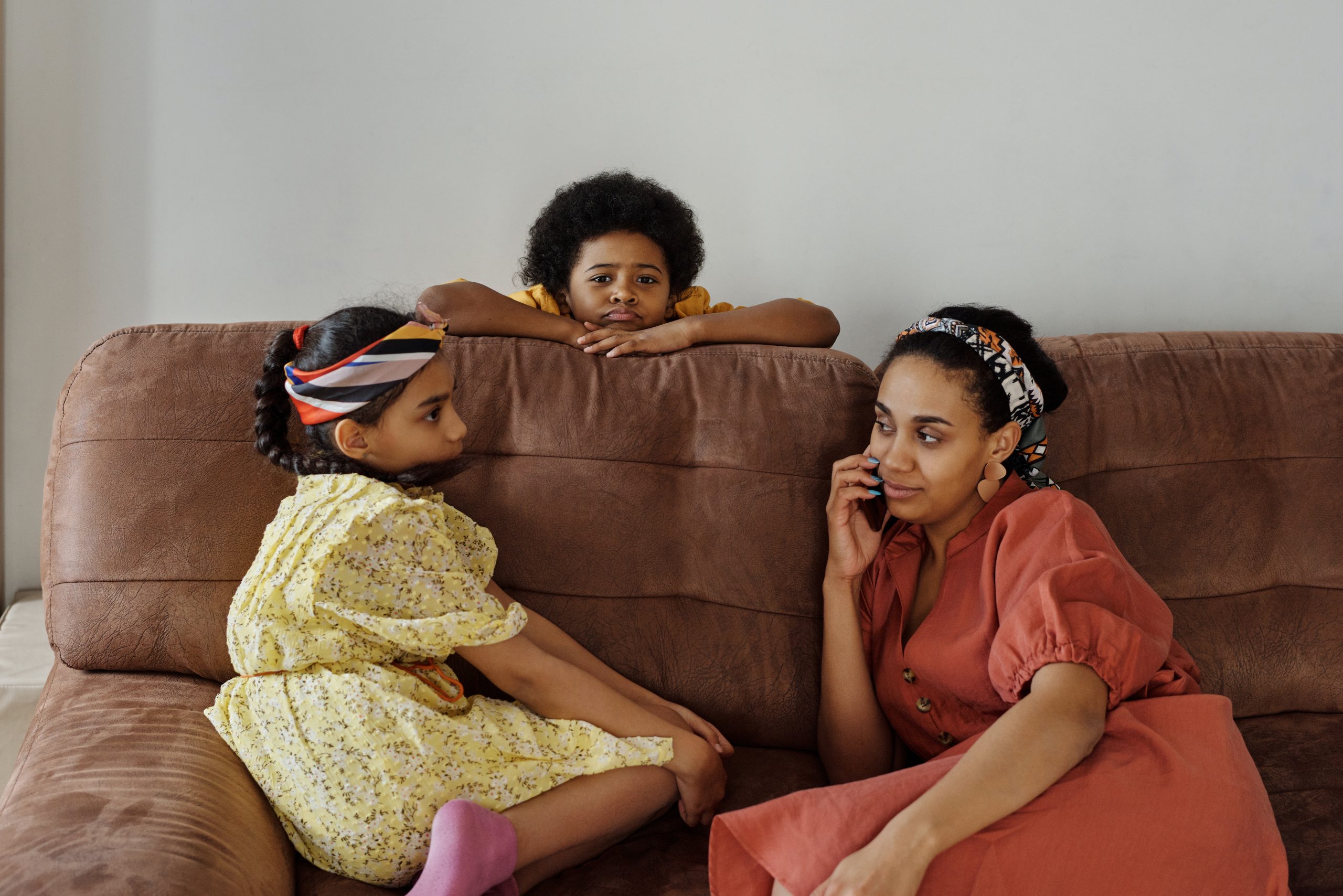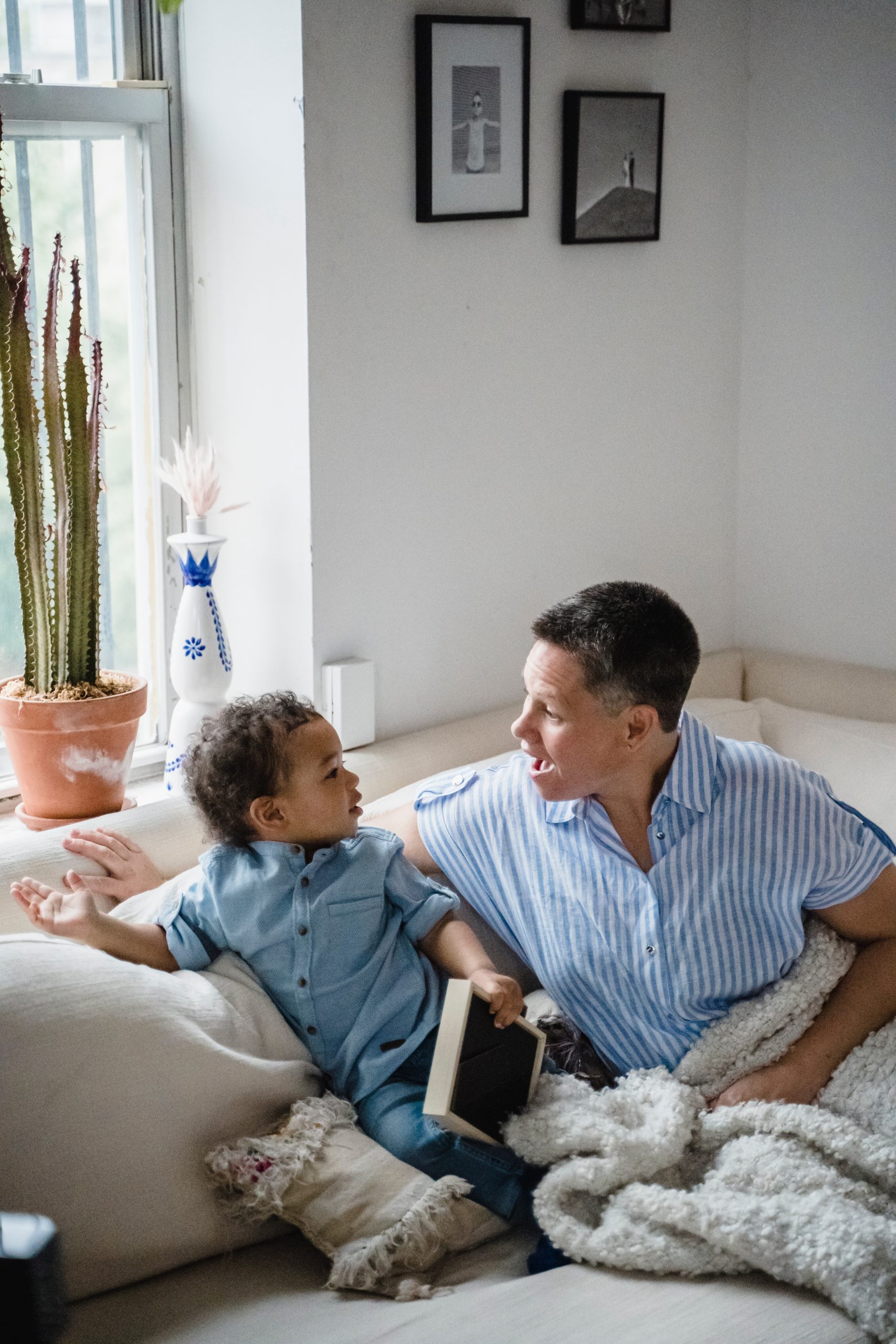Getting a therapy program started can be time-consuming. This is especially true when using health insurance benefits to pay for treatment. We will help you every step of the way.
Insurance companies require preauthorization of most therapy services. In order to receive preauthorization, your provider will need to submit proof of diagnosis, a comprehensive assessment report, and a treatment plan. In some cases, the insurance company may also require your provider to complete a phone interview. This insurance process is repeated following each 6 months of treatment.
Because the insurance process can be confusing, we have laid out each step of our process including intake, assessment, treatment, training, and discharge.

Intake
- The intake process begins when a family submits our online form or speaks with Susan, our Clinical Administrator.
- At intake, options may include a comprehensive therapy program, a parent-based program, or a place on the waitlist. Waitlist families are offered suggestions of other area providers.
- Families discuss strengths and challenges in an introductory phone call with Ally, our Owner and Clinical Director. Families are also provided more information about our programs and opportunity to ask questions.
- Once accepted into our program, families complete intake paperwork that includes a questionnaire of background information and consents for assessment, treatment, and release of information.
- Our team submits a preauthorization request for assessment to the health insurance company.
- Our team receives preauthorization for assessment. This may take anywhere from 3 days to 2 weeks, depending on the efficiency of the insurance company.
- A Board Certified Behavior Analyst (BCBA) Supervisor contacts the family to schedule assessment sessions.

Assessment
- The BCBA Supervisor completes our three-phase assessment process, sometimes with help from the Clinical Director or a Registered Behavior Technician (RBT).
- Family interview: The BCBA interviews family members or other caregivers about their concerns. The RBT may also participate. Ideally, this is done in the home while playing with the child in a favorite activity.
- Observation: The BCBA observes the child in a social setting such as school, daycare, or on the playground. The RBT may also conduct an observation.
- Structured play: The BCBA completes a play-based assessment of the child’s communication and social skills in the home. The RBT may also participate.
- The BCBA Supervisor writes a comprehensive assessment report and treatment plan. This may take up to 2 weeks.
- Our team submits billing for assessment services to the insurance company. Some families may be responsible for deductible, copay, or coinsurance payments.
- Our team submits a preauthorization request for treatment to the health insurance company.
- Our team receives preauthorization for treatment. This may take anywhere from 3 days to 2 weeks, depending on the efficiency of the insurance company.

Treatment and Training
- The BCBA Supervisor and family meet to review the assessment report and treatment plan. In this meeting, the BCBA will review strengths and challenges observed, explain recommendations for progress, ask for additional family input, and request the family’s consent to implement the plan.
- Following consent, the Clinical Administrator will create a treatment schedule based on clinical recommendations, client availability, and staff availability. This schedule includes both child treatment sessions and family training sessions.
- Child treatment sessions begin and progress is documented in our secure and confidential data collection software.
- Caregiver training sessions begin and include activities for caregivers to complete between meetings.
- Each week, our team submits billing for treatment services to the insurance company. Some families may be responsible for deductible, copay, or coinsurance payments.
- Following the first 3 months of treatment, the BCBA Supervisor provides an overview of progress and barriers to progress, and identifies any necessary changes to the plan.
- The Clinical Director will solicit feedback from the family at regular intervals. The family is always welcome to reach out to the Clinical Director with feedback as well.
- Following each 6 months of treatment, the BCBA Supervisor updates the assessment report and treatment plan. The insurance preauthorization process is repeated.

Discharge
- The ultimate goal of treatment is for the child to “graduate” and no longer need individual sessions. When this occurs, the BCBA Supervisor may continue to provide caregiver training sessions, or may recommend another setting such as a social skills group.
- At discharge, the BCBA Supervisor will write a transition summary that includes a review of progress and recommendations for the future. The transition summary may also be submitted to the insurance company, depending on their requirements.
- The Clinical Director will solicit feedback from the family regarding their overall experience.
- The family is always welcome to get back in touch with the Clinical Director for follow-up questions or support!

Leave a Reply